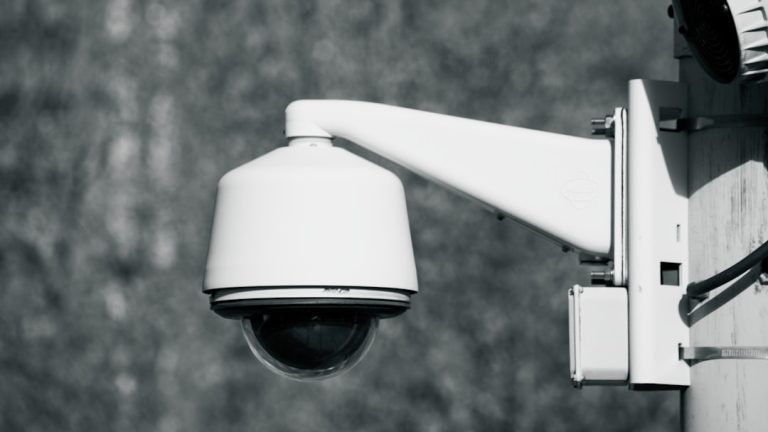Credit Report Correction: Your Guide to Fixing Errors on Your Credit Report
As a responsible consumer, you regularly monitor your credit report to ensure that it accurately reflects your financial history. However, errors on credit reports are more common than you might think. These errors can negatively impact your credit score and your ability to access credit in the future. In this comprehensive guide, we will walk you through the steps to correct errors on your credit report and improve your overall financial health.
Why Correcting Errors on Your Credit Report is Important
Your credit report is a crucial document that lenders use to evaluate your creditworthiness. It contains information about your payment history, outstanding debts, and other financial activities. Errors on your credit report can lead to a lower credit score, which can result in higher interest rates on loans and credit cards or even denial of credit altogether.
Common errors found on credit reports include:
- Incorrect personal information (e.g., name, address, social security number)
- Accounts that do not belong to you
- Incorrect account statuses (e.g., accounts reported as delinquent when they are current)
- Duplicate accounts
How to Correct Errors on Your Credit Report
1. Obtain a Copy of Your Credit Report: The first step in correcting errors on your credit report is to obtain a copy of your report from all three major credit bureaus – Equifax, Experian, and TransUnion. You are entitled to one free copy of your credit report from each bureau every 12 months through AnnualCreditReport.com.
2. Review Your Credit Report Carefully: Once you have obtained your credit reports, review them carefully for any errors or inaccuracies. Pay close attention to personal information, account statuses, and payment history.
3. Dispute Errors with the Credit Bureaus: If you find errors on your credit report, you can dispute them with the respective credit bureaus. Write a formal dispute letter outlining the errors and providing any supporting documentation. The bureaus are required to investigate your dispute within 30 days.
4. Follow Up on Your Dispute: After submitting your dispute, follow up with the credit bureaus to ensure that the errors have been corrected. You can also request a corrected copy of your credit report to verify that the changes have been made.
Tips for Maintaining an Accurate Credit Report
1. Monitor Your Credit Regularly: Make it a habit to check your credit report regularly to catch any errors early on.
2. Keep Records of Payments: Keep records of all payments made towards your debts to provide evidence in case of any discrepancies on your credit report.
3. Stay Informed: Stay informed about your rights under the Fair Credit Reporting Act (FCRA) and take action if you believe your rights have been violated.
Final Thoughts
Your credit report plays a significant role in your financial well-being, so it’s crucial to ensure that it is accurate and up-to-date. By following the steps outlined in this guide and staying proactive about monitoring your credit report, you can correct errors and maintain a healthy credit profile. Remember, a good credit score opens doors to better financial opportunities, so take charge of your credit report today!
For more personalized advice on managing your credit score and improving your financial health, consider consulting with a financial advisor or credit counselor.






